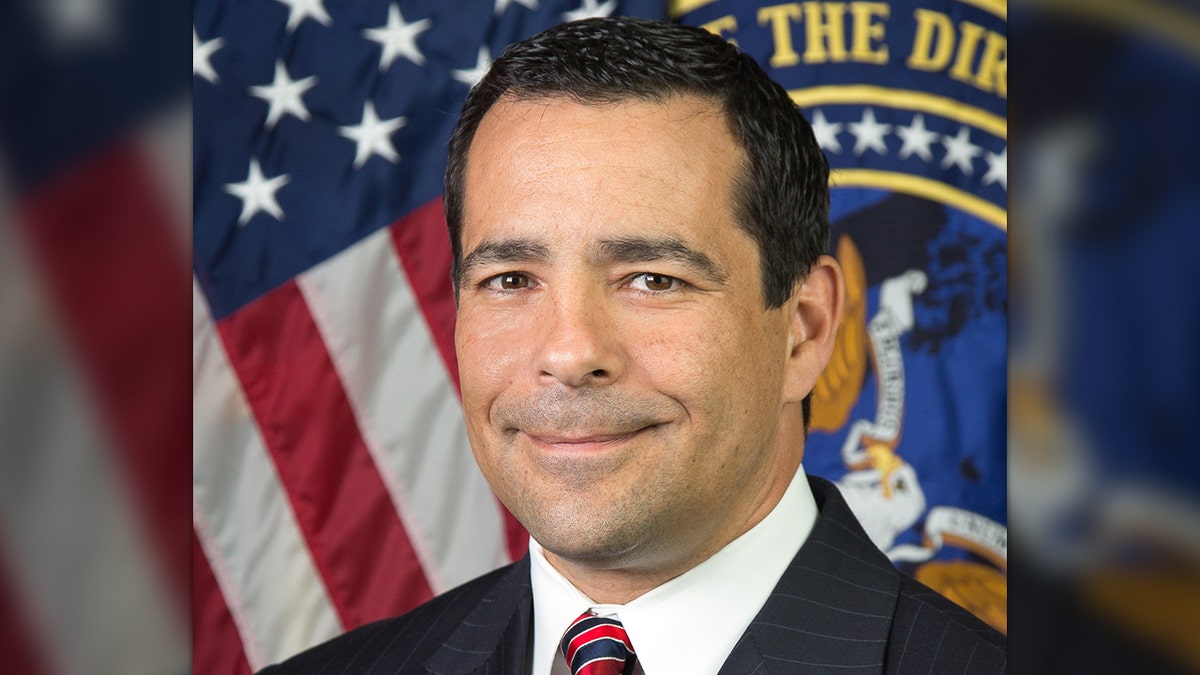US intelligence official 'overstated' assessment of 2020 Russian interference
CNN walks back Russian meddling story; reaction from Rep. Devin Nunes and former CIA officer Bryan Dean Wright.
The Office of the Director of National Intelligence warned Friday that adversaries like China, Russia and Iran are “seeking to compromise” private communications of U.S. political campaigns, candidates and other political targets to influence the 2020 election.
Director of the National Counterintelligence and Security Center Bill Evanina on Friday said election security “remains a top priority” for the intelligence community, while identifying specific foreign actors that pose the largest threat.
ODNI TO OFFER ELECTION SECURITY BRIEFINGS FOR BOTH PARTIES IN RUN-UP TO NOVEMBER
Evanina noted that at this point, adversaries are working to compromise “private communications” of presidential and other campaigns, candidates and political targets, as well as compromise election infrastructure.

Director of the National Counterintelligence and Security Center Bill Evanina. (ODNI)
“We continue to monitor malicious cyber actors trying to gain access to U.S. state and federal networks, including those responsible for managing elections,” he said, while noting that the “diversity” of election systems in states makes “it extraordinarily difficult for foreign adversaries to broadly disrupt or change vote tallies without detection.”
Evanina also added that, as in 2016, foreign nations are continuing to use influence measures on social and traditional media “in an effort to sway U.S. voters’ preferences and perspectives, to shift U.S. policies, to increase discord and to undermine confidence in our democratic process.”
Evanina, though, said at this point, ODNI is “primarily concerned” with China, Russia and Iran -- while noting that other nation states and non-state actors could “also do harm to our electoral process.”
China, according to Evanina, is working to influence and shape policy in the U.S., and recognizes that its efforts may “affect the presidential race.”
As for Russia, which was at the center of U.S. election interference in 2016, Evanina said its “persistent objective” is to “weaken” the U.S. Evanina said the Kremlin is using a range of efforts, including Internet trolls and other proxies, to “spread disinformation in the United States that is designed to undermine confidence in our democratic process and denigrate what it sees as an anti-Russia ‘establishment’ in America.”
Evanina also said Iran is seeking to undermine U.S. democratic institutions, warning that their efforts are centered around online influence, such as spreading disinformation on social media and recirculating anti-U.S. content.
OBAMA ADMINISTRATION WAS ‘FROZEN’ IN COMBATTING 2016 RUSSIAN ELECTION MEDDLING: SENATE REPORT
“As Americans, we are all in this together; our elections should be our own. Foreign efforts to influence or interfere with our elections are a direct threat to the fabric of our democracy,” he continued. “Neutralizing these threats requires not just a whole-of-government approach, but a whole-of-nation effort.”
Evanina’s warning comes as he has been providing “robust intelligence-based briefings” on election security to presidential campaigns, political committees, and congressional audiences.
Evanina was tapped in May to handle briefing presidential candidates, their campaigns and major political parties on election security threats. The defensive briefings from the intelligence community come after it was determined from U.S. intelligence agencies that Russia interfered in the 2016 election.
Intelligence officials have said that Russia interfered through social media campaigns and through stealing and distributing emails from Democratic accounts. The intelligence community has long maintained that Russia was trying to boost Donald Trump’s campaign and add chaos to the American political process.
Special counsel Robert Mueller concluded that Russian interference was “sweeping and systematic,” but he did not find a criminal conspiracy between Russia and the Trump campaign.






